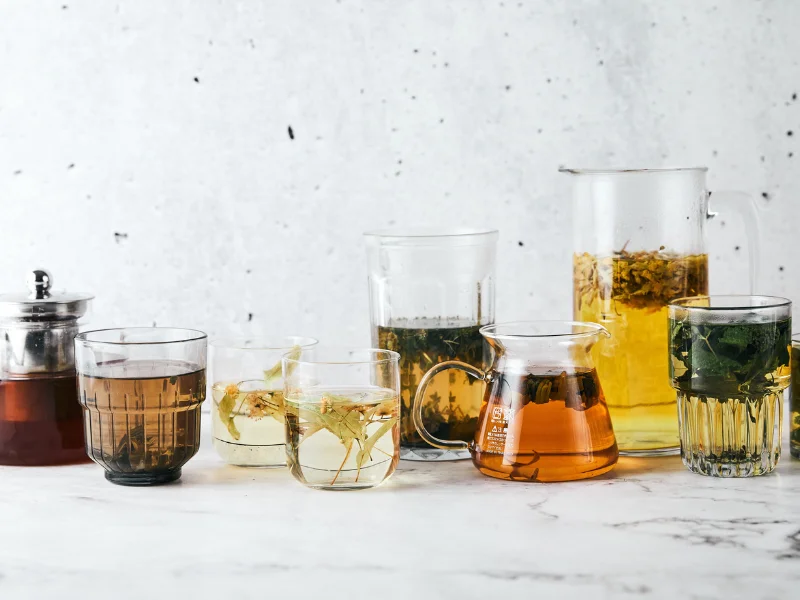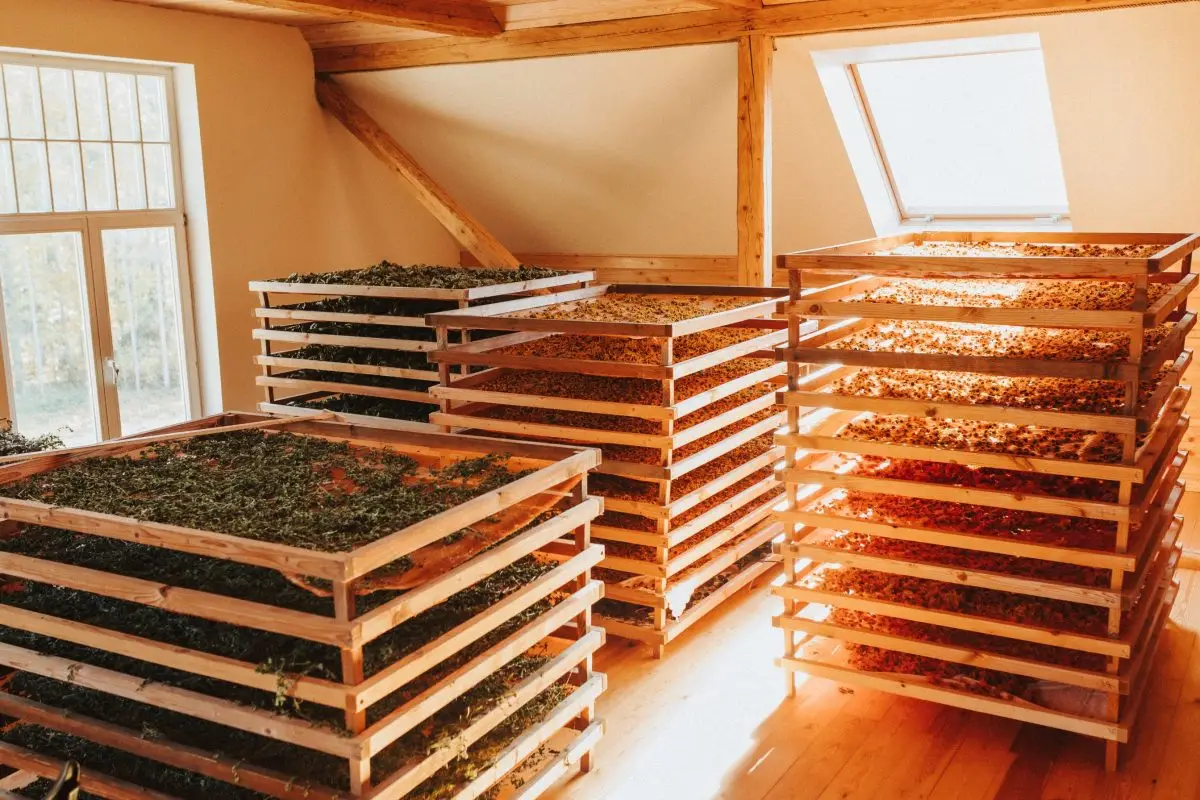Caffeine-free tea and its differences to regular tea

Caffeine-free tea, also known as herbal tea or tisane, is a type of tea that does not contain caffeine. It is made from various herbs, flowers, spices, and fruits, and is often enjoyed for its flavor and potential health benefits. Here are some key differences between caffeine-free tea and regular tea:
- Caffeine Content: The most obvious difference is the caffeine content. Regular tea, such as black, green, white, and oolong tea, naturally contains caffeine. The amount of caffeine can vary depending on the type of tea and how it’s brewed. Caffeine-free tea, on the other hand, is devoid of caffeine.
- Ingredients: Regular tea is made from the leaves of the Camellia sinensis plant. The processing methods and oxidation levels determine the type of tea produced. Caffeine-free tea, however, is not derived from the Camellia sinensis plant. It is made from a variety of herbs, flowers, spices, and fruits. Common ingredients include chamomile, peppermint, hibiscus, rooibos, ginger, lemongrass, and fruit blends.
- Flavor Profiles: Regular tea has distinct flavors based on its type, such as the boldness of black tea, the grassy notes of green tea, or the delicate flavor of white tea. Caffeine-free teas offer a wide range of flavors, and the taste can vary significantly depending on the ingredients used. Herbal teas often have unique flavors that can be fruity, floral, minty, spicy, or earthy.
- Effects on the Body: Caffeine is a stimulant that can provide a temporary energy boost and increase alertness. Regular tea containing caffeine may have effects on the central nervous system, metabolism, and digestion. Caffeine-free tea does not have these stimulant properties, but it may offer various health benefits depending on the specific herbs and ingredients used. For example, chamomile tea is known for its calming properties, while ginger tea may help with digestion.
- Potential Health Benefits: Regular tea, particularly green tea, is known for its potential health benefits due to the presence of antioxidants and other bioactive compounds. Caffeine-free teas also offer their own set of potential health benefits based on the ingredients used. For instance, herbal teas like chamomile, peppermint are often consumed for their soothing, digestive, or anti-inflammatory properties.

It’s worth noting that while caffeine-free tea is generally considered safe for most people, it’s always a good idea to consult with a healthcare professional if you have any specific health concerns or are taking medications that could interact with certain herbs or ingredients.
Thank you for choosing PLŪKT! For more information and daily tea tips, follow us on Instagram and Facebook.